|
I'd like to have the time to write a long post, but I'm busy with school, work, family stuff....
oh yah, and selling books. Happy Thanksgiving everyone....I'm grateful for your support during this exciting time of publishing, marketing and selling my first book. I hope you all enjoy reading it. Oh my! It's like a party or something. Click on the photo below for a fun little, nostalic video that's very fitting.
0 Comments
I try to stay politically politically engaged because I believe in the core American values and want to protect and use them. For the first time in my political history, I cannot in good conscience vote for either of the big party candidates. I've done research on all possible candidates and found one that most closely aligns with my views and values. He's not a perfect candidate, but I believe he would be the safer choice out of all available options this election. If you, like me are dissapointed in your options this election year, I urge you to check out Evan McMullin. You can access his website by clicking on the button link below.
 Two more semesters. That's all I have left to obtain my Bachelor degree in Writing and Rhetoric Studies. In some ways I'm glad and some ways I'm sad. I love school. I have a passion for learning. I have always said I'm like a perpetually dry sponge. I could soak up all the knowledge available and still want more. I gained my passion for seeking knowledge from my dad. I remember watching him as I was growing up reading books on just about every subject. If my dad didn't know how to do something, he would find a book on the subject and study it until he was skilled in whatever it was he needed to learn. He learned how to build boats, glider planes, and log cabins. He learned how to fix engines, forge tools, cultivate a crop, and tend to farm animals. I don't think I've ever met a smarter man than him. As I begin this new semester with 4 classes already on the schedule, I'm waiting to hear back from the SLCC Community Writing Center to see if I successfully interviewed to obtain a job there. It's a dream job for me, teaching and coaching writing. And bonus...I can use it for internship credits for school. If I don't get the job, I have already been approved for an independent study course. Either way, it should be a busy, but fun fall semester. Soon, regardless of whether I get the Community Writing Center job, I promised a few of the coaches there that I would do a blog post about the CWC and them. I'm still running behind with all my writing projects and I'm still not complaining. It's good to be a busy writer. My children's book was supposed to be released in August, but even the publisher is running behind and has backed up the release date until September. I'm almost glad because I've been working on the marketing materials and the creation of a children's website dedicated to solely to my book Cheeseface and Solomon. I'm almost done, but not quite. You can check out the progress at cheesefacebooks.com. Happy writing and happy studying to all my fellow students and writers. Idea Creations Press is holding their 2nd annual writing contest. I am one of the winners of their 1st annual competition. My children's chapter book Cheeseface and Solomon: Lost and Found will be published next month thanks to Kathryn and Doug of Idea Creations Press. I encourage all Utah resident writers to submit their manuscript. What do you have to lose? That is what I asked myself when deciding whether or not to submit my manuscript and look where that decision landed me. Do it! Now is your chance. Carpe diem! Let me tell you about my experience working with Kathryn and Doug at Idea Creations Press. Three words...THEY ARE AWESOME! I'm not just saying that either. Anyone who knows me personally, knows I don't hold back with praise or with critique. Kathryn is a great editor. I submitted what I thought to be a strong manuscript. With her suggestions, edits and ideas, my manuscript went from good to GREAT. I'm so excited to be one of their first winners and see my story in print. I have worked with many editors over the years in school, at the newspaper and from the magazine where I have published works. And Kathryn is now one of my favorite editors for her laid back, but professional style. Her suggestions are always in the best interest of the author and the story. Both Kathryn and Doug have been a joy to work with. I'm looking forward to continuing building a relationship with them as I publish the 2nd and 3rd installments of the Cheeseface and Solomon series. Below is a link to Idea Creations Press website, a downloadable file for the 2nd annual writing competition, and a link to their Facebook page. Go ahead...submit yours today. GOOD LUCK!!!!! I look forward to having you join the Idea Creations Press author list.
I feel like I'm falling behind in everything. Who knew a writer's life could be so busy; working on edits for my book that is due to be published in August, drawing the illustrations for said book, writing reports for my boss at work, keeping my social media sites updated, having a photo shoot for my official marketing photos, school work, etc...etc...etc. I keep telling myself it won't always be this way and that there's a light at the end of the tunnel. Mind you — I'm not complaining. Any writer would be lucky to be so busy. I'm grateful I live in the land of opportunity and have the freedom to be as busy as I please. This is how I choose to celebrate the 4th of July this year; I am exercising my freedom of speech by editing, writing and being a busy working writer.
God Bless America!  http://glennschoolwaip.blogspot.com http://glennschoolwaip.blogspot.com I suppose I had always known that writing was and is a social practice, but it was never voiced, penned on paper, or even formed as a coherent thought. I have been writing for about as long as I can remember. I do remember learning to read, but I do not remember learning to write. It has always been something I have done. When I was young I wrote notes to my siblings with bleached out driftwood sticks on the wet sands of many Washington state beaches, only to have them erased by over aggressive waves rolling inland. I remember writing, in paint, on makeshift grave markers, the names of our fragile farm chicks who didn’t survive to adulthood. I even carved my initials into the bark of a tree with a knife. When I look back at all the writing I have done over the course of my life, I can see how every piece of writing, even my personal diary writing, was and is a social practice. Bringing that knowledge to the forefront of my mind has been transformative for me. I see how leaving my initials in a tree would, and possibly still will, allow any future passerby to know that a human being with the initials of C.L.M once loved another human being with the initials of G.L.W. It’s almost too obvious now how the transient sandy messages to my siblings was a social communication between us, as a group, even as we laughed and yelled at the evil ocean waves that destroyed our precious text. I see how the sloppy green paint on dirty rocks denoting “Petey” or “Chirpy” in that tiny chick cemetery was a means of communicating to anyone who happened to read them that the harsh realities farm life could be devastating for a young girl having to face death for the first time. We humans write to connect with other humans, even if we know we will never meet the individuals who may read our writing. The older I got, the more I wrote. I am still writing today...that is all too apparent in the plethora of genres that I have had a hand in penning (See MY WORK tab). Some of those genres even paid me the proverbial “pretty penny.” I have written letters to friends, essays to teachers, resumes to prospective employers, articles for newspapers, children’s stories for my nieces and nephews, talks for church, reports for bosses, emails to family, blogs for personal projects, well wishes and words of sympathy on cards to various individuals, Christmas letters to friend and families and too many other genres to mention in a blog post. The point is, all of these practiced genres were for a social purpose. They were either to or for some other human being. This very blog post is a social writing practice for me and my intended, or unintended, audience.  For one of my university courses this semester, we read several chapters in the book Naming What We Know: Threshold Concepts of Writing Studies, edited by Linda Adler-Kassner and Elizabeth Wardle. I loved this textbook so much that I bought a copy, though we weren't required to do so. It will be a beloved addition to my home library. As a class we briefly discussed what was meant by the term “threshold concepts.” One of the points of discussion was that a threshold concept was transformative, that once learned it couldn’t be unlearned and would forever change the way you view the world of writing. This was poignant for me because I think I had a foreboding (in a good sense) that this course, “Writing as a Social Practice,” taught by Professor Christie Toth, would be one of those transformative threshold moments for me. Once I went through the portal of this class, I would come out the other side a different, better writer. During the course of the semester we studied the history of writing and writing systems, read many scholarly articles that debated various concepts within the discourse of writing studies, researched a specific online writing community of practice, visited a local community writing center, viewed different texts from ancient and modern cultures, and shared our thoughts and views on what makes writing a social practice worthy of study. To finish off the semester, we were asked to reflect on what we’ve learned about writing being a social practice and how that will affect our future writing endeavors. To answer this in part, because I don’t think any of the students in this class will ever be able to fully answer that questions, I will share some of my marginalia notes from readings in Naming What We Know. First, on the topic of reflection, Kara Taczak, one of the authors in the book who wrote in Chapter 5, section 5.4, “Reflection is Critical for Writers’ Development” in which she mentions that “reflection can be troublesome” to some writers. My red inked notes compare my views on self-reflection with my husband’s views. In the outer margin, wrapping down around to the bottom of the page, I wrote, “I’ve always tried to be self-aware in all aspects of my life, but [my husband] hates self-reflection because it can be painful.” He’s right. Reflecting can be painful, most especially for a writer. I know there have been times where I’ve written something, thinking it was a masterpiece, only to go back later and realize it was garbage. I've submitted stories to my newspaper editor and had her send them back with negative feedback suggesting a complete rewrite. This concept is backed up by Chapter 4 in Naming What We Know, “All Writers Have More to Learn.” Section 4.2 “Failure Can Be an Important Part of Writing Development,” written by Collin Brooke and Allison Carr. It illustrates why it’s okay to find the “garbage” in self-reflection. My marginalia notes question, “Have I ever written a brilliant first draft?” And then I underlined, “NEVER, everything I’ve ever written has needed revision.” I think that’s why I loved the quote from Ann Lamott on the next page that says, “Almost all good writing begins with terrible first efforts.” That should give hope to all writers, especially those that struggle with writing.  www.greatbigcanvas.com www.greatbigcanvas.com I was just trying to think of what I would consider to be my favorite writing assignment from this semester, but as I came up with the one I thought I would say was my favorite, another assignment would come to mind that I found just as enjoyable and allowed me to learn just as much as the others. For example, I’ve always wanted to learn more about the ancient writing system Cuneiform. Early in the semester, we were tasked with the assignment of researching and giving a presentation in class about a specific population's writing system. I chose Cuneiform, of course. I am now somewhat of an amateur expert in the Sumerian Cuneiform writing system. I also especially enjoyed our ethnographic study of an online writing community. Being a science nerd, I chose NASA’s Twitter feed. The observation portion of the study was more fun than it was work. The results from the research and data gathered were surprising to me and may end up being a topic for future, more in-depth, study, a possible dissertation topic. As far as future endeavors go, it’s hard to tell just what lies ahead in the distant future for my writing. I do know that in the near future, I have a lot of editing to do for an upcoming publication of a children’s chapter book I wrote several years ago. Talk about writing being a social practice! Here I am on the brink of sharing my writing with the largest possible audience I have ever personally encountered for my writing. I will have to keep the knowledge gained from this book, Naming What We Know, and the concepts we’ve learned in this class, Writing as a Social Practice, forefront in my mind so that I can continue to learn and grow as a writer. One last thought in response to a class discussion on writing being a cognitive practice; I wrote this in Sharpie black ink on the front cover of my textbook. “I think, therefore I am... a writer. I am a writer, therefore I think.” That’s part of the writing process, thinking, reflecting...and realizing writing IS very much a social practice.  I recently conducted an informal poll asking people if they considered themselves writers. Every person I talked to denied being a writer. After they responded I asked them if they used Facebook, Twitter, or other social media sites. I also asked if they texted, used email, kept a journal or blog to communicate with friends and family. I then inquired about work practices, like reports or newsletters. Every single person admitted to using one or more of these tools in both their personal and professional life. In doing this I showed them that just because a person isn't a published author, or someone who gets paid for their writing, WE ALL ARE WRITERS. Let me give you an example to show how this is true. Through a Facebook group that I am a part of, I had the opportunity to review a website of a woman who creates crafty items, sells them, and teaches workshops to others so they can learn how to make the crafts. I obtained her permission to use her website as an example of writing. First, I love the name because of its storybook reference. As a writer, I appreciate the nod to literature and writing. I use the "Once upon a time" image above for my Twitter feed. Second, as a professional writer, I appreciate well written texts and her writing communicates her ideas clearly. Third, as a Writing and Rhetorics major, I found her visual elements to be both appropriate and extremely effective. Here's the review I sent to her: I love your website, the colors, the fact that it looks clean and professional, and your blog is especially wonderful. You did a great job putting it together. She has 7 tabs that her site visitors can click on to find specific information, About, Products, Workshop Registration, Q&A, Blog, Terms of Service, and Refund Policy. These 7 tabs illustrate just how diverse writing can be in one website. I'm positive that when she created her site she didn't put any thought into how many different genres of writing she would have to navigate; from informational and descriptive to conversational and creative and even legal. The Once Upon a Craft website is a great example of how we are all writers in many different ways and how writing is intertwined with almost every aspect of our lives. Click on the Once Upon A Craft logo above to access her full website.
I've been learning a new literacy practice in school the past few weeks. It's an online literacy game called Twine. I had to laugh at myself because I didn't get the name until my son asked, "Twine? You mean like yarn?" I had an a-ha moment right then. spin a yarn-Tell a story, especially a long drawn-out or totally fanciful one, as in This author really knows how to spin a yarn, or Whenever he's late he spins some yarn about a crisis. Originally a nautical term dating from about 1800, this expression probably owes its life to the fact that it embodies a double meaning, yarn signifying both "spun fiber" and "a tale This all just goes to prove, you're never too old to learn something new, especially a literacy practice with a really great name. As a writer, I'm always looking for the challenge of conquering a new way to write. You can check out my Twine story below. It's about how this writer learned to appreciate the two basic literacy practices of reading and writing.
I found a funny meme on the internet for Pi day and posted it to my personal Facebook page. A friend of mine was complaining about people posting Pi day stuff. When he saw my post he thanked me, thinking I was agreeing with him. In case you were unaware, the number Pi is an irrational number per the scientific definition. See the full definition on the website Dictionary.com ( http://www.dictionary.com/browse/irrational-number). Irrational number in science: My friend's post made me chuckle. I didn't have the heart to burst his bubble by giving him a math lesson on irrational numbers and how the meme I posted wasn't meant to support his criticism of those excited about Pi day, but rather swim in the ocean of nerdiness with them. Oh well, Happy Pi day anyway.
|
Collett LeeWriter, Author, Archives
January 2020
Categories |
||||||||||
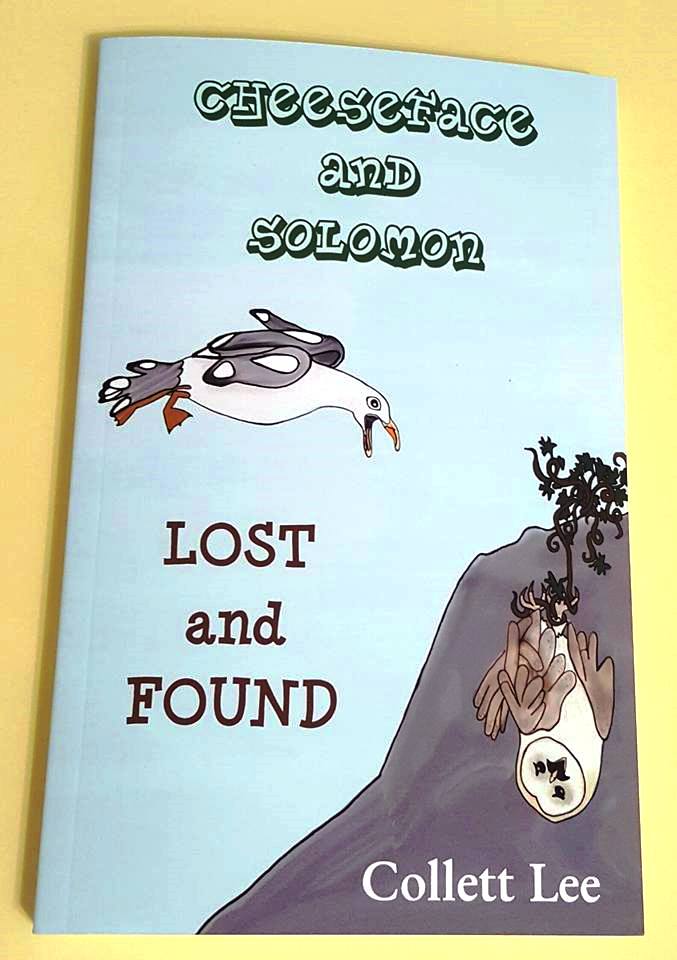
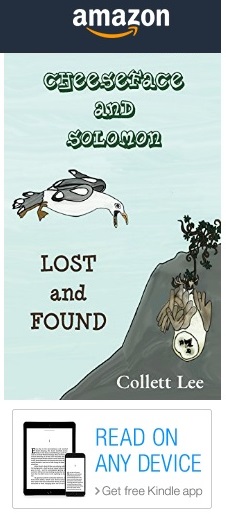
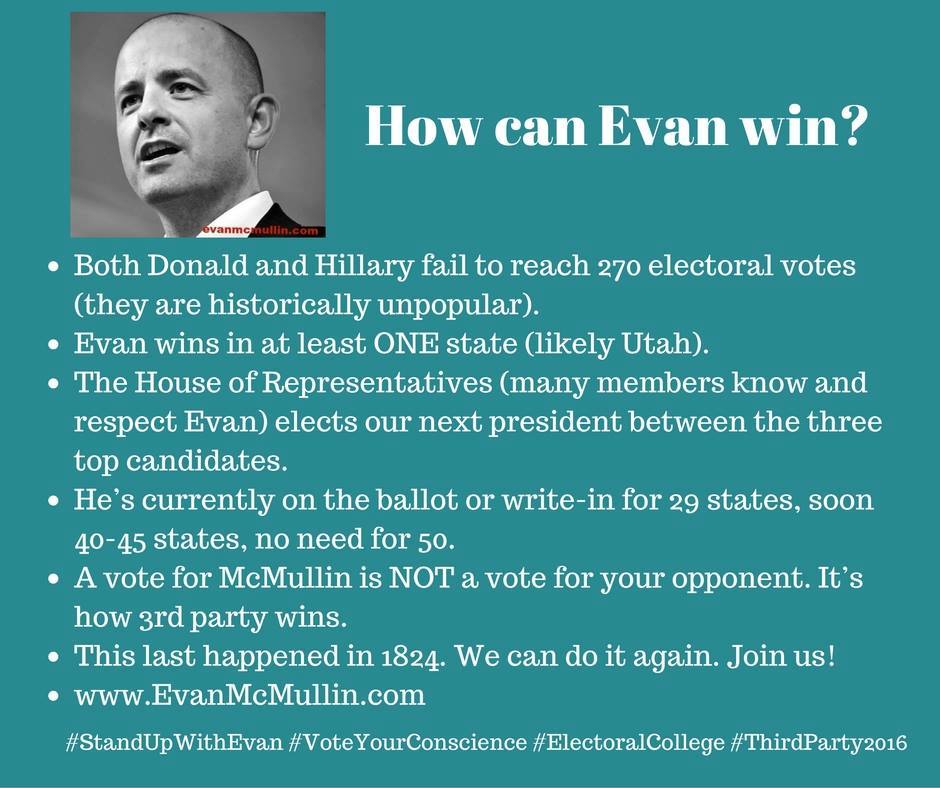


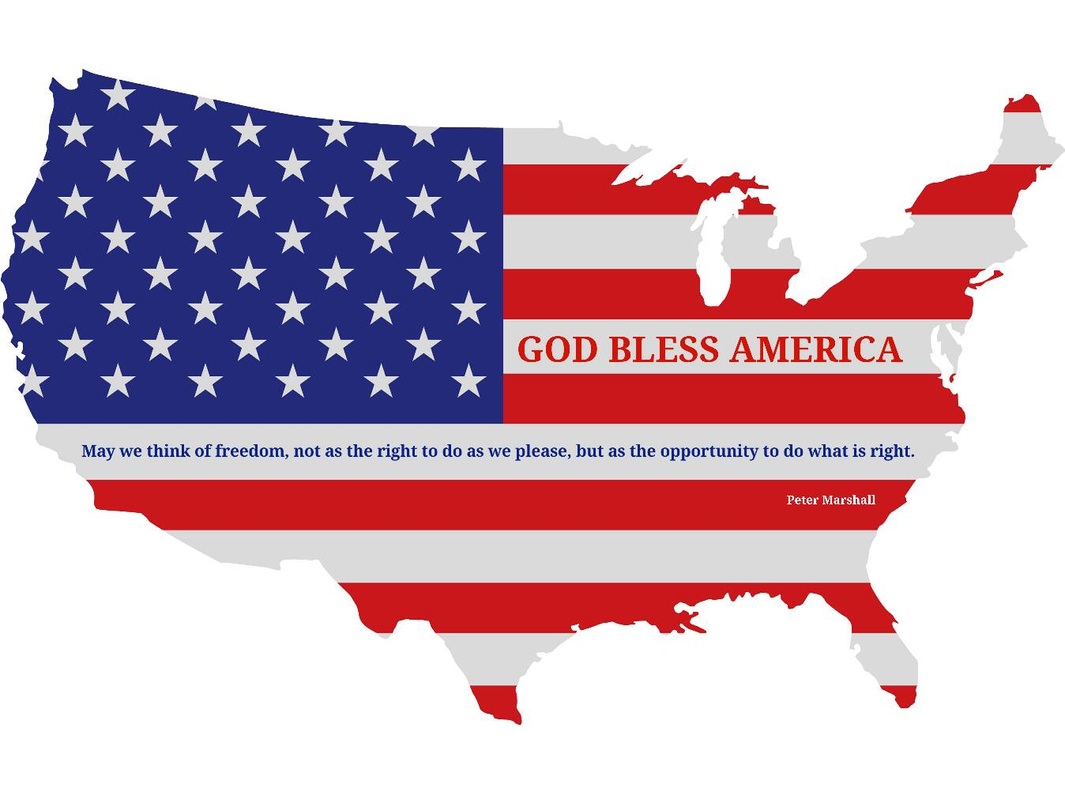

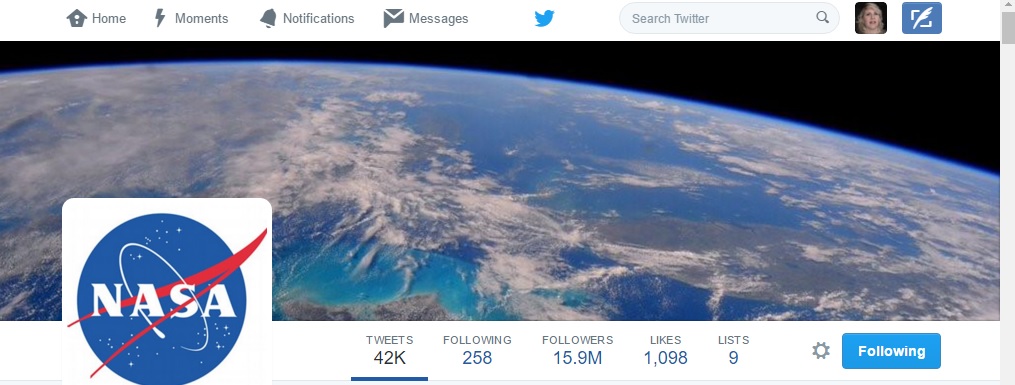
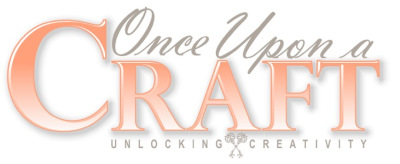
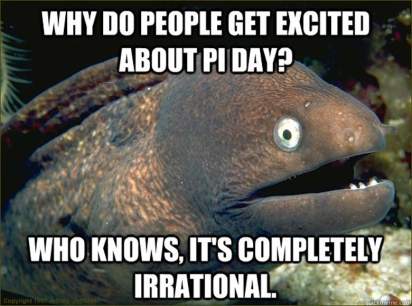
 RSS Feed
RSS Feed